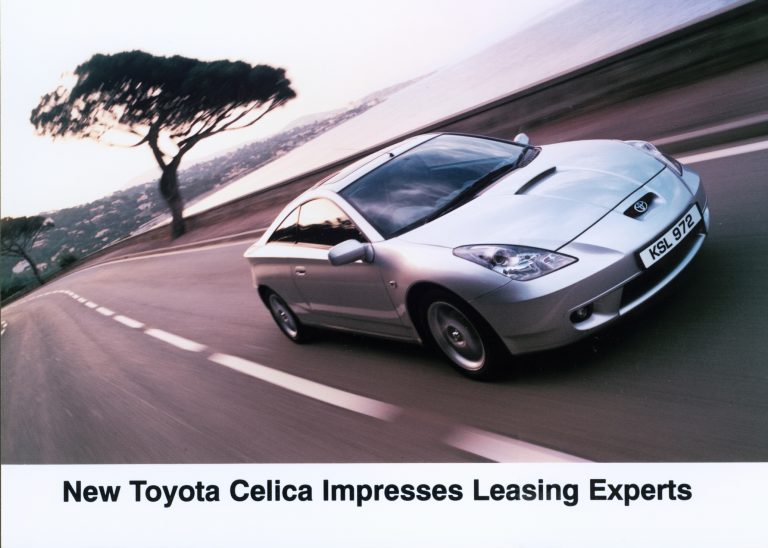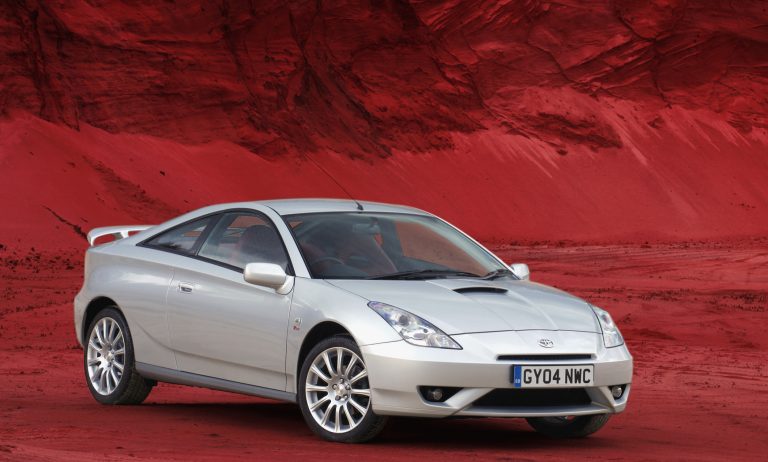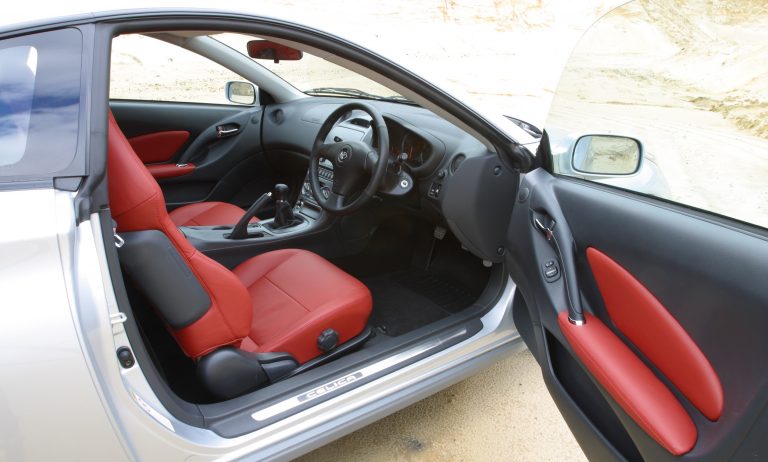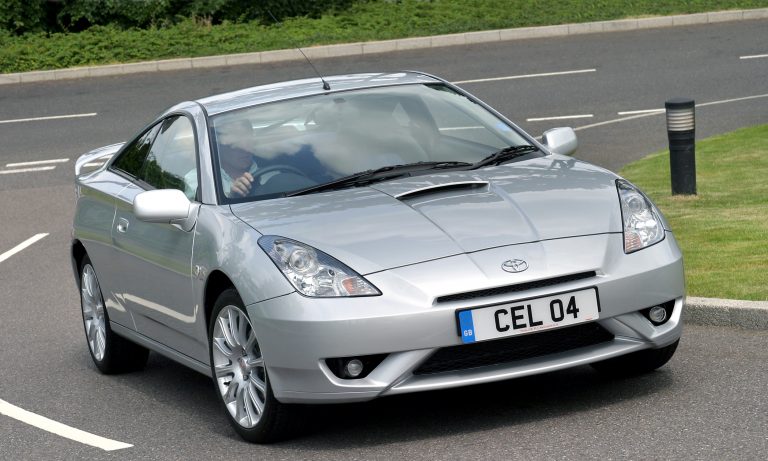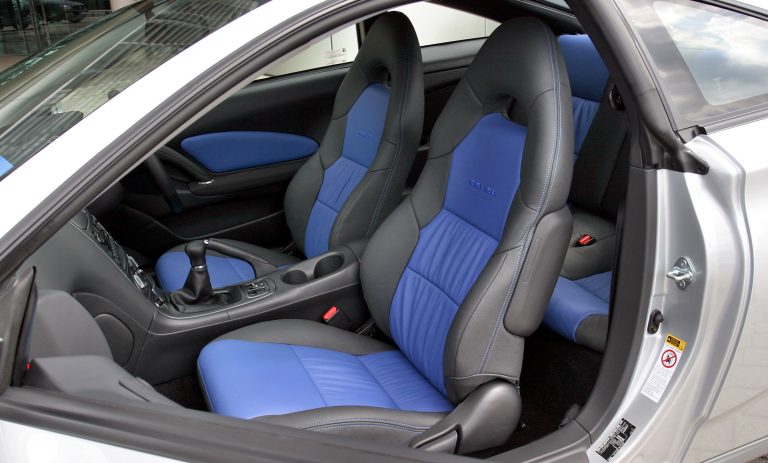Cost-Cutting Celica Impresses Leasing Experts
Toyota’s revolutionary new Celica coupe looks set to score highly with contract hire and leasing companies thanks to the dramatic savings it offers in whole-life costs. Industry representatives reacted positively when the sports model’s advantages were set out by Toyota Fleet at a preview in Birmingham.
The new model has achieved a 15 per cent reduction in its Service, Maintenance and Repair (SMR) rating, with an Emmox figure for three years/60,000 miles of just £1,860 – well ahead of its rivals, the leasing experts were told and at least one of them has already come up with figures that under cut that claim.
The new Celica’s parts prices are the lowest in its class. Service intervals are 20,000 miles and the car comes with three-year/60,000-mile warranty, six-year paint and 12-year anti-corrosion guarantees. Toyota estimates residual values after three years/60,000 miles at 47 per cent.
Jimmy King, Maintenance Analyst for GE Capital, was impressed: “On paper the Celica looks the business – modern, efficient engine and low emissions. Toyota seems to have paid attention to the detail that fleet operators such as ourselves are constantly moaning about. A car using synthetic or semi-synthetic oils costs a fortune as it gets serviced through its fleet life, but this engine requires only mineral oil, which is really impressive. They do seem to have listened.”
When Mr King ran the SMR figures for the Celica through GE Capital’s own system, he found that it surpassed Toyota’s expectations by £80 – at £1,780. “The parts prices in particular seem very competitive, certainly for a sports car of this stamp,” said Mr King.
Mike Smith, Manufacturer Relationship Manager of Swan National, described the new Celica as “stunning”. “Its visual appearance is spot on and if Toyota is as accurate as it usually is with the SMR it is very impressive.
“Toyota is responsive and has put in a lot of work on parts prices,” went on Mr Smith. “The maintenance budget looks very good – now it’s a matter of making it stick. There’s no point in building a car that can run on mineral oil if the dealers won’t go with it.”
And he was positive about depreciation. “There will be a lot more coupes in the marketplace but I think the Celica will have a strong residual value,” he said. “This car will do very well – it will just be a matter of managing the demand.”
Sales in the fleet sports and coupe market rose 40 per cent in the first six months of 1999, Toyota accounting for some 10 per cent of the total sports car market in the UK. “The Celica is already popular with user-choosers and small businesses, particularly new and progressive companies,” Toyota Fleet’s, Marketing Manager, Will Freeborough told guests at the event.
The new Celica combines a 1.8 litre engine with variable valve timing and a six-speed manual gearbox as standard. Power is boosted by 23 per cent to 140bhp, and torque by 10 per cent to 125 lb.ft, yet fuel economy is best in the sector at 36.7mpg (combined) and carbon dioxide emissions are reduced to 185g/km.
Contributing to the Celica’s high performance – acceleration from rest to 62mph takes just 8.7 seconds – is a class-leading power-to-weight ratio. Shorter and narrower than before, the more-aerodynamic Celica has a longer wheelbase for improved handling and 14 per cent more boot space.
Also ahead of its rivals is the Celica’s specification. Despite a retail price of only £19,255 on the road, the base model offers as standard air-conditioning; ABS; six speaker Sony RDS radio/cassette/CD; four airbags; electric front windows; bucket seats; Category 1 alarm/immobiliser; remote central locking with double locking; locking wheelnuts; etched windows; seat belt pre-tensioners with force limiters and alloy wheels.
“Everybody’s pushing the ‘into the 21st century’ angle, and futuristic vehicles with advanced technology like this are going to go from strength to strength,” said Jimmy King of GE Capital. “It’s the dated ones that are going to suffer suddenly now.”
ENDS

